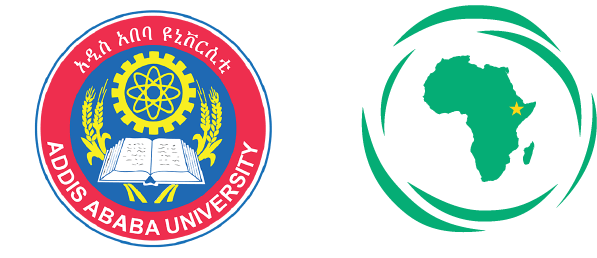Science has proven an incredibly powerful force1 in changing human life. It has drastically transformed “our means of communication, the way we work, our housing, clothes, and food, our methods of transportation, and, even the length and quality of life itself …”.2. Beyond the potential for solving the major challenges of humanity, such as disease and pain, poverty, climate change and sustainability of development, the bliss from the sense of wonder derived from exploring the profound mysteries of nature is beyond words.
The neuroscientist and Nobel laureate, Torsten Wiesel, argues that Science can be a unifying force and address conflict and war. Wiesel quotes the physicist Freeman Dyson “The international community of scientists may help to abolish war by setting an example to the world of practical cooperation across barriers of nationality, language, and culture.”.1 As someone with the privilege of working with scientists across the globe, I can attest to this fact. Indeed, the difference between resource rich and resource poor countries may be linked to a large extent to the application of the science fields.
Science is critical for sustainable development. Without addressing the science chasm, the development chasm will continue to expand. There won’t be Sustainable Development and equity.
The United Nations Education and Scientific and Cultural Organization (UNESCO) asserts the relevance of Science for Equity and development:
“Challenges today cut across the traditional boundaries of disciplines and stretch across the lifecycle of innovation -- from research to knowledge development and its application. Science, technology and innovation must drive our pursuit of more equitable and sustainable development.”2
Recognizing the transformative relevance of science, the International Covenant on Economic, Social and Cultural Rights (ICESCR) had linked Science to human rights as far back as 1967. Under Article 153, the ICESCR stipulates that the “States Parties” to the Covenant should recognize the right of everyone:
(a) To enjoy the benefits of scientific progress and its applications, and
(b) To benefit from the protection of the moral and material interests resulting from any scientific, literary or artistic production of which he/she is the author.
It further stipulates that the States Parties signing the ICESCR should:
(a) Take steps necessary for the full realization of the rights above and the conservation, the development and the diffusion of science and culture
(b) Respect the freedom indispensable for scientific research and creative activity
(c) Recognize the benefits to be derived from the encouragement and development of international contacts and co-operation in the scientific and cultural fields
The Covenant embodies the rights of Citizens to Access the benefits of science through the diffusion of products and protection of authorship. While these are extremely important stipulations, most countries with the greatest need have limited access to these scientific products or the underlying science. The critical barrier to accessing the benefits of science remains the poor access to the Tools of Science.
It is now abundantly clear that in order to enjoy the benefits of science and enjoy participation in scientific endeavours, access to the Tools of Science is an essential prerequisite. As long as States and their citizens have limited access to the Tools, the benefits of science will only diffuse to countries with the Tools and capabilities to produce products of value through science.
As the UNSDG report4 argues, “To find lasting solutions, international cooperation must be scaled up – urgently.”. So far focus has been on the symptoms of inequity than its causes and internal solutions. The Tools of Science may be the missing link for transforming resource poor countries.
It is critical that we advocate for Access to the Tools of Science not just for basic literacy and numeracy. This way, the universal benefits of science will be maximized and Science can achieve its bigger purpose.
Let’s advocate for making Access to the Tools of Science an essential human right.
[1] https://axelkra.us/wp-content/uploads/2021/05/1953-Impact-of-Science-on-Society-Bertrand-Russell.pdf.
[2] https://history.nasa.gov/sp482.pdf.
[4] https://en.unesco.org/themes/science-society
[5] International Covenant on Economic, Social and Cultural Rights: https://treaties.un.org/doc/treaties/1976/01/19760103%2009-57%20pm/ch_iv_03.pdf
Image source: Microsoft 365


